Rebecca Turpin has reviewed the NT Live Theatre screening of Obsession. Our next live theatre event is National Theatre Live: Who’s Afraid Of Virginia Woolf, starring Imelda Staunton. Tickets are available to book now.
Obsession is Belgian Director Ivo Van Hove’s new stage adaptation of Visconti’s first feature film Obsession (1943), his fourth Visconti production. The play features Dutch and British actors led by Jude Law. Broadcast live from the Barbican Theatre in London by NT Live.
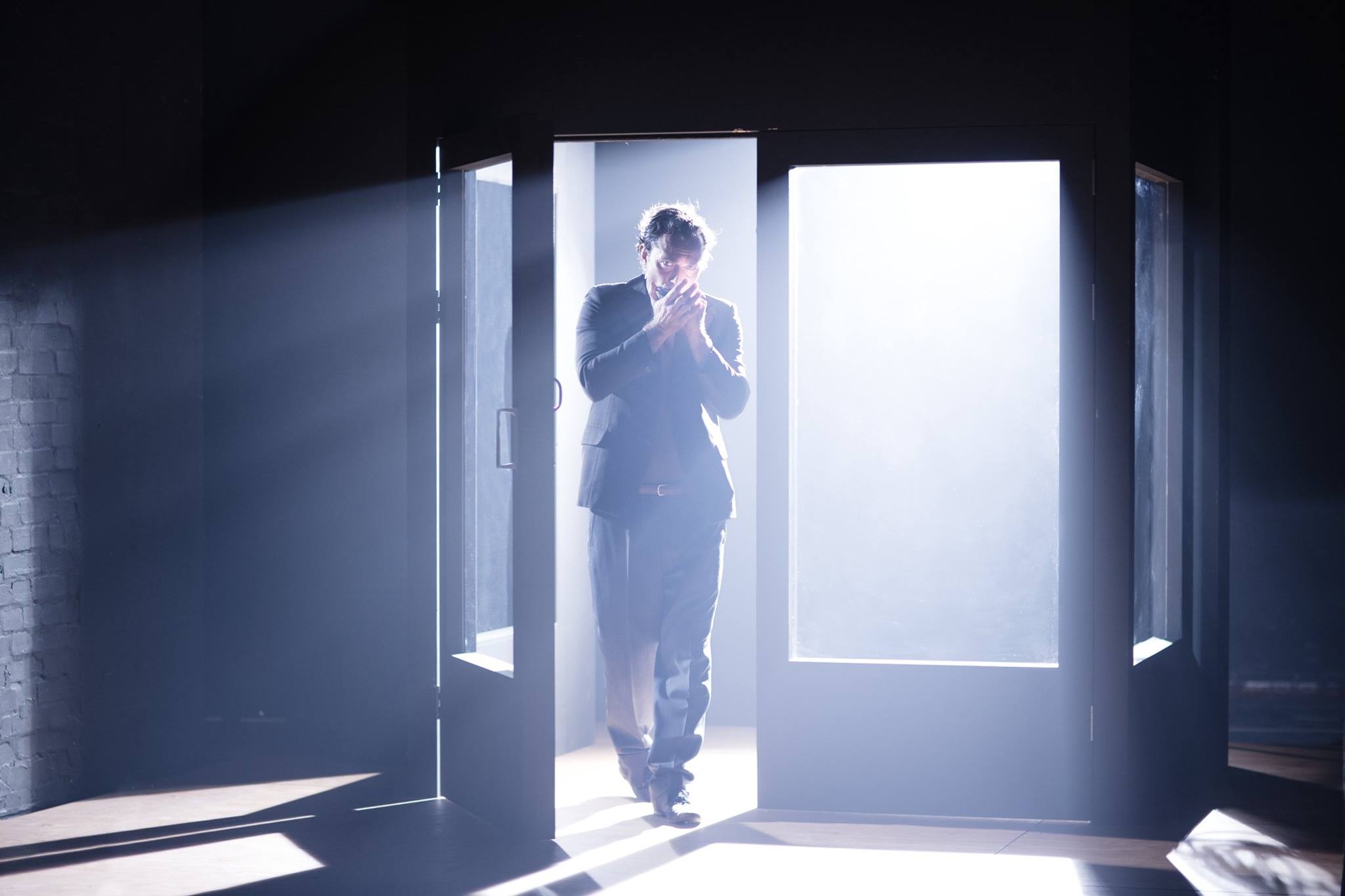
The audience was treated to an introduction featuring interviews with Van Hove and Law as well as clips from rehearsals, showing one of the more provocative scenes giving everyone a taste of what was to come. A wonderful touch at a live broadcast, and a brilliant way to fill the interim before the show began.
Stripping the stage of clutter and elaborate props we are immediately immersed in the tense environment of a bar. The tension led by a constant ticking, which continues throughout the performance. The stage is bare bar an engine, water tank and two large windowed doors. Gino, a drifter played by Jude Law, walks in to Joseph’s (Gijs Scholten van Aschat) bar, he is immediately drawn to the abused wife of Joseph, Hanna, played by Halina Reijn.
Stripping the stage of clutter and elaborate props we are immediately immersed in the tense environment of a bar.
Joseph leaves the pair and they make love in a scene enhanced by the self-playing accordion above them getting louder until Law shouts out in climax, although the shout could quite easily have been pain or rage. After explaining her troubled past and the pain of being with Joseph, Hanna and Gino plan to run away together, Hanna changes her mind and Gino continues without her. Gino’s vagabond life is now revealed to us in more detail, we also meet another drifter Johnny. Johnny seems to epitomise Gino’s love for travelling the world before meeting Hanna, speaking of his love and adoration for the sea and the mountains. Having realised his love for Hanna over the drifter’s life, Gino returns to find Joseph and Hanna at an opera singing contest where the three drink together. On their return to the bar the two commit murder and from there we follow the couples demise.
Running for just over 100 minutes without an interval the intensity of the two main characters carries the performance. Law is every part the brooding guilty man that Gino is in the film. Reijn plays the trapped wife charmed by a stranger very believably, and convinces when she becomes the conscienceless woman trying to put her life back together after her husband is gone. But together the relationship feels underdeveloped and the chemistry lacks real power.
The implied ‘party’ scene at the bar is a mismatch of expressive singing from Hanna, a French song about love and passion, with her also throwing bins full of rubbish over the stage and herself then dancing in it in a provocative and uncomfortable manner. Until this scene was explained as a party it was almost entirely incomprehensible. Another scene that stood out for the wrong reasons was the murder of Joseph; the engine covered the three of them in oil like substance while Gino strangled Joseph. We are later told that they staged a car accident and this bout of pure enraged passionate murder seems out of place. The following scene was standout as the only time we really saw love and tenderness between Hanna and Gino, they bathe together almost nude, washing the oil, which most likely represented blood, off each others bodies and faces.
The sparse and empty set is so devoid of Visconti’s atmospheric detail that there is never a specific setting, and it seems difficult with so little ambiance as to why Gino feels trapped in the environment he is in. Perhaps a smaller space than the Barbican stage would have suited this performance more. The climactic scene introduces a large screen with projected seascapes making this idea even more ambiguous, if he is so near to the sea as to be there with Hanna then why is he dreaming of the sea when they are in the house? The scenes overpowering music, Woody Guthrie’s This Land is Your Land, which made the locality yet more vague, and Law’s silhouetted poses were too romantic for the harsh murderous story Van Hove was attempting to tell.
Rebecca is a freelance writer, living and working in Plymouth.
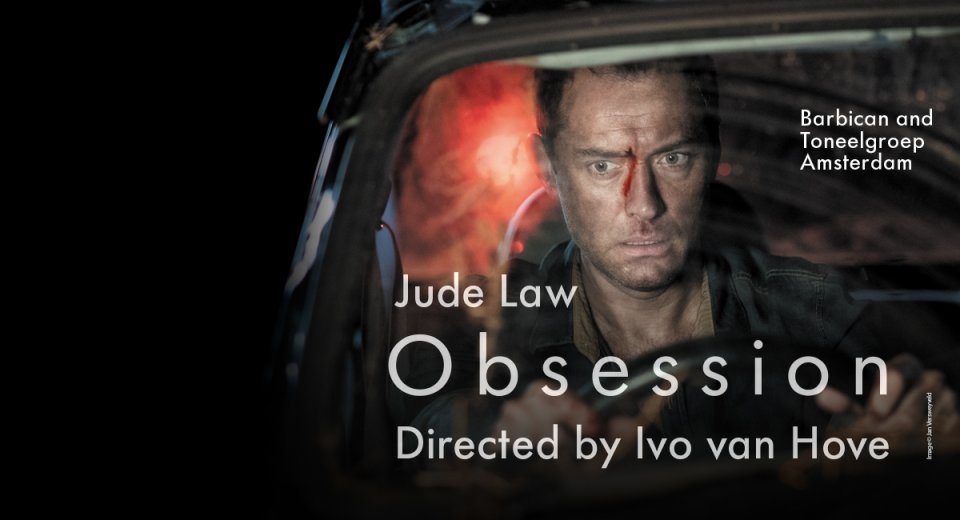
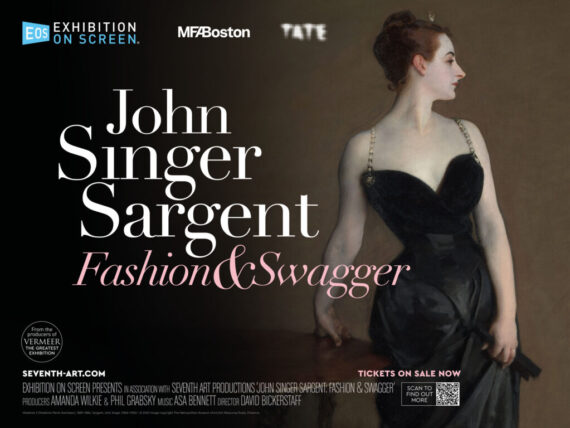




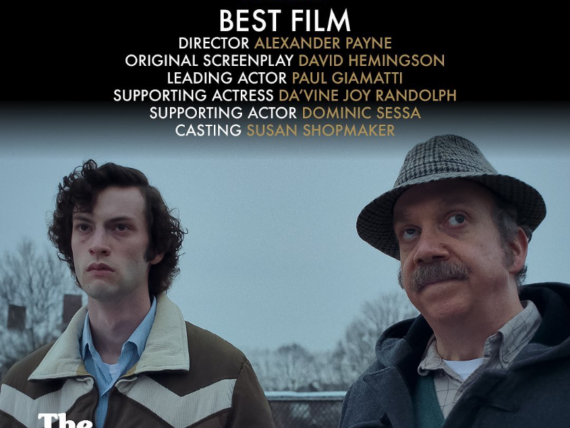
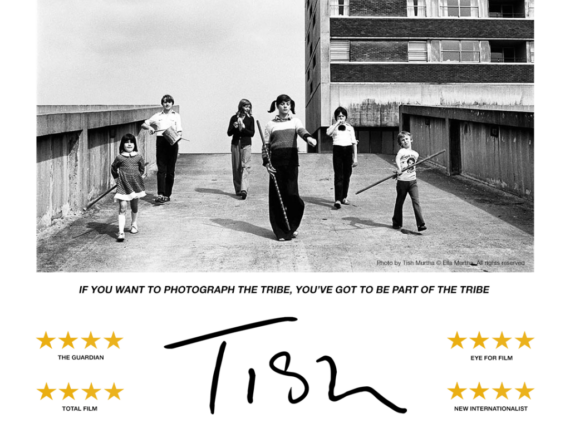

Comments
Comments are closed.